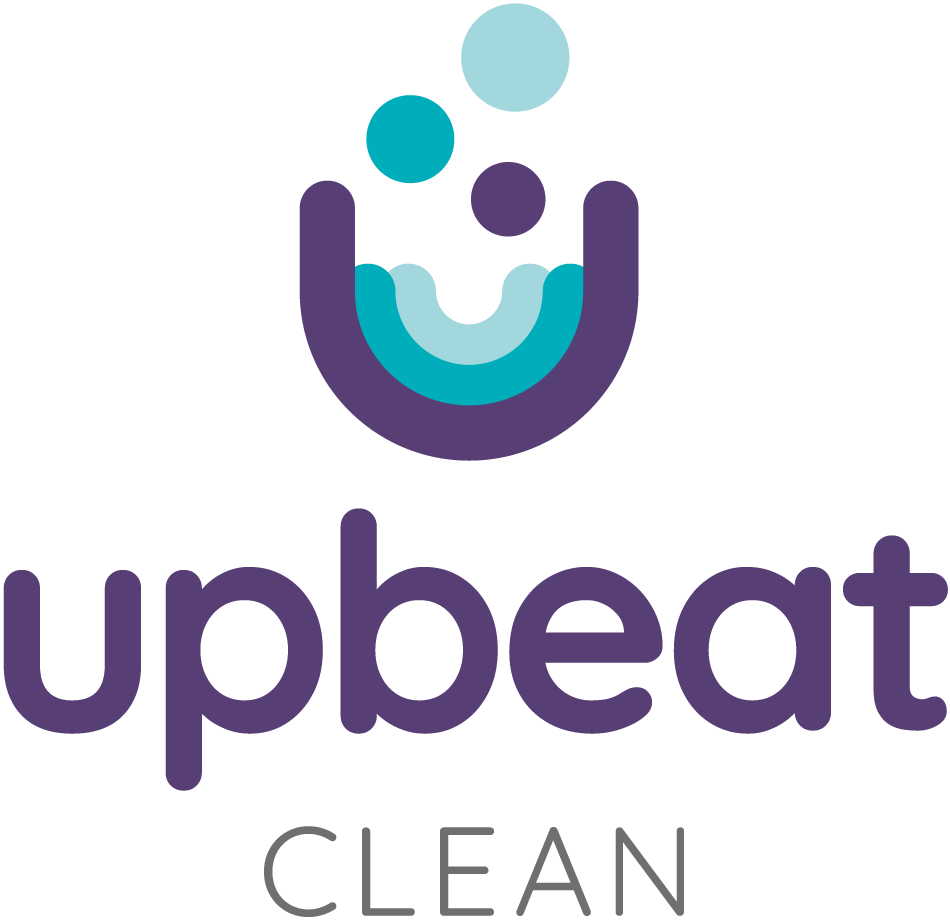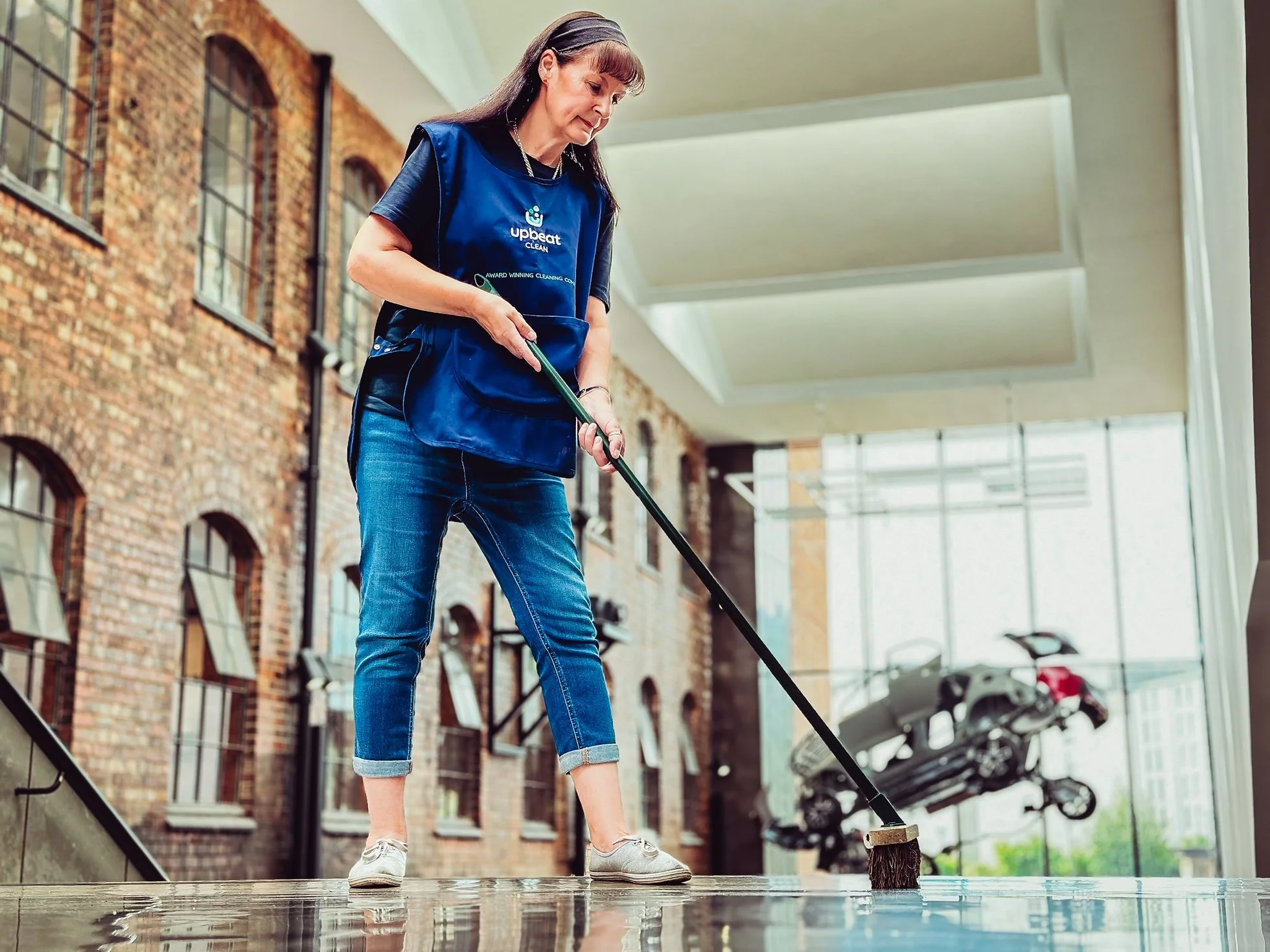Reimagining Office Cleaning: A New Approach to When and How We Clean
For too long, office cleaning has been hidden away, relegated to the early morning or late evening hours, out of sight and out of mind. This is often seen as the most convenient option—cleaners working quietly in the early mornings or evenings while employees focus on their tasks during the day. But what if this traditional approach, long considered the norm, is holding back the potential of both the cleaning industry and the clients we serve? What if human connection and quality of cleaning can’t be seperated?
At Upbeat Clean, we’re challenging the status quo with a fresh approach that prioritizes connection, quality, and innovation—an approach that asks: Why not crossover with office hours?
The Convenience Myth: A Closer Look
Yes, cleaning totally outside of office hours can seem convenient. Without anyone in the way, cleaners can move freely through the space, handling tasks like vacuuming or dusting without disrupting the flow of the workday. There’s no distraction, no need to stop for staff, and no interruptions.
But convenience for one group often comes at a cost to another. By cleaning anonymously in empty offices, cleaners are cut off from the very people they serve. This feeling of disconnection not only affects the quality of the work but also contributes to the isolation and invisibility of cleaners—factors that have historically left cleaning vulnerable to exploitation.
Cleaning outside of office hours also often means split shifts, unsociable early or late working hours, and an impossible work-life balance for cleaners. It turns a meaningful job into one that is hard to love and hard to stay in. If we truly want to transform this industry, we need to rethink when and how we clean.
The Upbeat Clean Innovation: Building Connections
At Upbeat Clean, we believe that cleaners should never be invisible and that human connection and quality of cleaning aren’t seperate topics. Our model integrates cleaning into the daily rhythm of the office—ensuring at least a 30-minute overlap between cleaners and office staff. This small change creates powerful results. It allowes relationships to form and mutual respect to grow. Cleaners get to know the spaces and the people they clean for, leading to better quality, more tailored service. Employees see the dedication and care that goes into keeping their workspace clean, leading to deeper appreciation.
We’ve also found that when cleaners and office staff interact, it breaks down social barriers. Our teams are made up of people from diverse backgrounds, and when they work in tandem with office staff, they’re seen, valuable and respected. This kind of cross-cultural integration is part of our larger mission as a social enterprise to use business as a vehicle for social mobility, inclusion, and opportunity.
A Challenge to the Industry
Our approach challenges the cleaning sector to be better. To go beyond the traditional, out-of-sight model and see the people behind the cleaning. By creating a direct connection between cleaners and those they serve, we’re not only improving standards but also enhancing the well-being and motivation of our staff.
We encourage other businesses to embrace this model—not just for the sake of innovation but for the real, tangible benefits it brings. Cleaner spaces, better relationships, and a more inclusive work culture.
At Upbeat Clean, we’re proud to work alongside businesses that support this vision. The companies we partner with aren’t just outsourcing a service—they’re becoming part of a social enterprise revolution, one where every pound spent contributes to a bigger cause. With all of our profits supporting the charity Upbeat Communities, we’re proving that businesses can drive positive change, simply by choosing who they partner with.
It’s time to rethink the way office cleaning is done—and we’re here to lead the charge.


